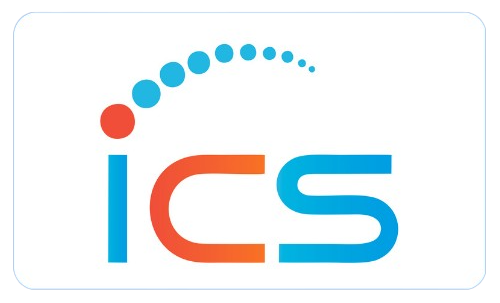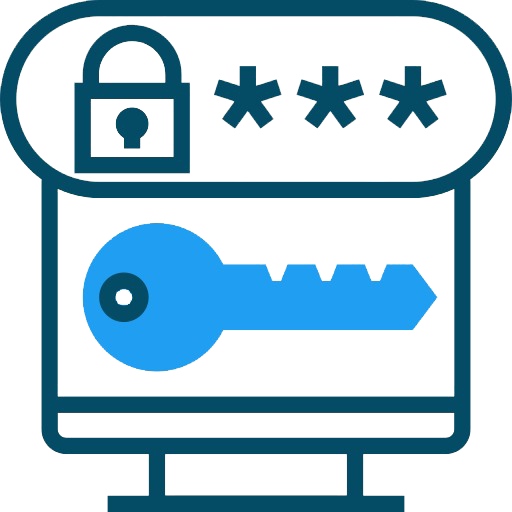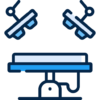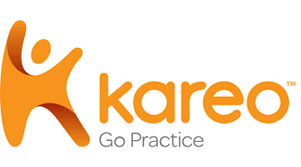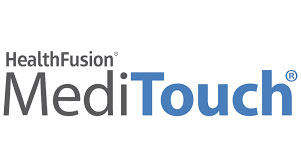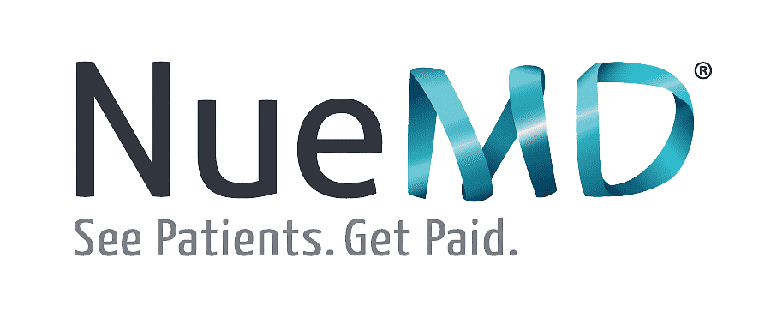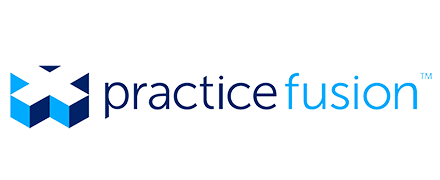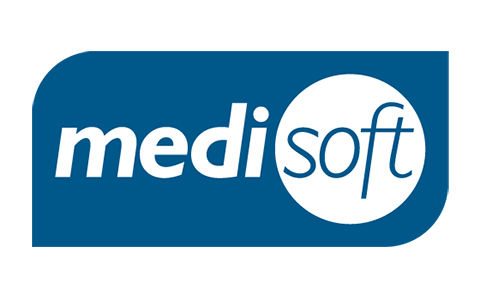Accounts Receivables that are way overdue should be followed up on promptly, along with effective denial management that contributes to the health of a healthcare providers financial strength. The primary purpose of accounts receivable management in healthcare is to increase cash flow in a practice by shortening the collection duration and lowering the associated costs. Is your practice looking for ways to get paid for pending claims, or reopen rejected claims? A dedicated A/R follow-up team can help you with the same.
What is Accounts Receivable?
Money that is due to physician businesses for medical care delivered to patients is referred to as Accounts Receivable (AR). Any payments pending from insurance companies, patients, or other guarantors are included in the accounts receivable process. AR management includes re-filing rectified claims, detecting denied/unpaid claims, minimizing AR days, and removing old account receivables.
Accounts Receivable and Denial Management
Physicians, hospitals, and nursing homes provide an ever-increasing number of services. Patients owe a certain sum to the physicians or hospitals every time they receive treatment and care. A good insurance model aids healthcare organisations in quickly and easily recovering overdue payments from insurance companies. Accounts receivable (A/R) and denial management are necessary in this situation. It enables healthcare service providers to conduct their businesses smoothly and successfully while also ensuring that money is reimbursed sooner.
Understanding the Importance of A/R Follow Up
A medical organization’s accounts receivable follow-up team is in charge of investigating rejected claims and reviewing them in order to collect maximum compensation from health insurers. Medical billing, accounts receivable, and revenue cycle management are handled by billing experts with certain skill sets. A medical billing professional determines the exact procedure code and diagnostic code depending on the treatment plan during other processes in medical billing. In case of errors in adhering to guidelines, claims may be refused; therefore, it is critical to have a dedicated A/R team that can follow up with the insurance providers to address disputed claims.
A/R follow-up management is critical for most firms in the medical billing process. Here are a few of the more common reasons why A/R follow-up is crucial:
- Quick Payment of Outstanding Amounts – The primary goal of A/R management is to reduce the amount of time that accounts are permitted to be overdue. The team keeps track of accounts that haven’t been paid, determines the best course of action for securing payment, and executes payments.
- Maintaining the Financial Health – Ensuring a positive cash flow is critical to any healthcare service provider’s financial viability. The A/R department takes care to see that the hospital maintains a consistent flow of money in order to cover expenses and provide patient care services.
- No Missing Claims – The most common cause of payment delays is the failure to receive a claim. This typically occurs when paper claims are misplaced. It is preferable to send claims in electronic format to avoid this. If you’ve followed up on the claim and know it hasn’t been received, it’ll be much easier to send another request for the claim soon.
- Recover Pending Claims – Due to additional information needed for the member, claims are sometimes left pending for a period of time. By appropriately following up, the A/R team can tell the member about the situation, and then take appropriate measures to expedite the process.
- Recovery of Unpaid Payments – A/R follow-up assists all hospitals, physicians, nursing homes, and other businesses in recovering past payments without difficulty. It is easier for healthcare providers to obtain reimbursements on time when there is a team that is always involved in the claims follow-up procedure.
- Dedicated Follow Up on Denied Claims – You can send a fresh claim request with appropriate modifications made, depending on the reason for denial. The A/R department may ensure that all claims are followed through to the conclusion by calling the insurance providers and figuring out the denial reason rather than waiting for it.
Importance of Denial Management
One of the most critical tasks in account receivable management is identifying claim denials at the appropriate time. Your billing team should be professional and knowledgeable in order to determine the reason for claim rejection and re-fill the claim as soon as possible. It’s also critical to look at denial patterns and come up with specific remedies to lessen the number of denials in the future.
Info Hub Consultancy Services (ICS), an offshore medical billing company, not only tracks and manages each aspect, but also provides you with complete, real-time visibility into your earnings. ICS has been providing medical A/R services with a highly skilled staff of accounts receivable specialists who work with a variety of insurance carriers and are familiar with all of their regulations. We make certain that our customers face no encumbrance in receiving money for the services rendered.
